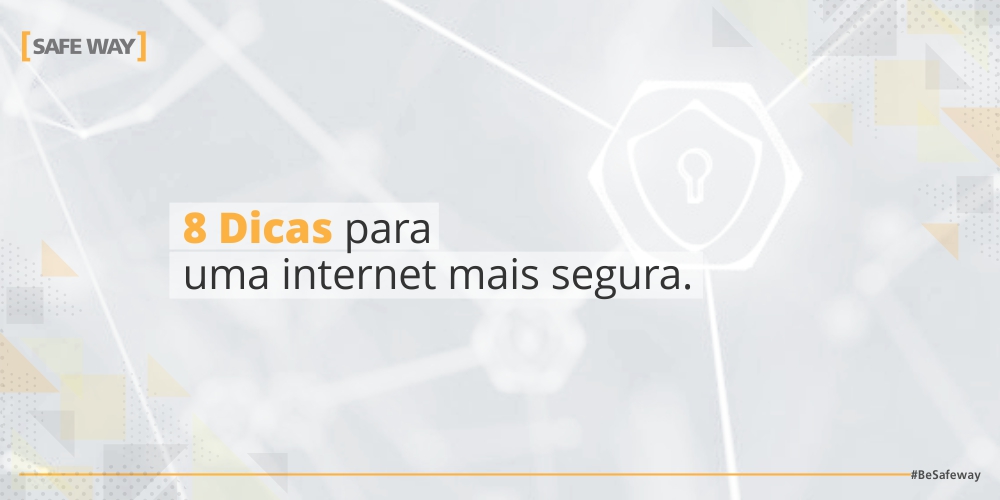February 08, 2019 - Writing - ItForum 365.
Launched 15 years ago by Insafe Network, the Secure Internet Day (SID) will take place on Tuesday, February 5, 2019. From cyberbullying to social networking, every year SID aims to raise awareness of online security issues and pick a topic that portrays current concerns. The campaign slogan, “Together for a better Internet,” is a call for everyone to come together and play their part in creating a better Internet for everyone.
With this in mind, Cylance, a leading provider of artificial intelligence (AI) -based security preventive solutions, has put together some simple tips and habits that can help keep your computer and information safe:
1. Constant update
Make sure all your devices are fully updated to the latest versions. Especially updates from Apple, Google, Microsoft and Adobe. Software and hardware companies regularly release updates to address security vulnerabilities that could put their users at risk. Not updating your software is the equivalent of ignoring your car manufacturer's recalls.
2. Password Manager
Use a password manager that can randomly create long and unique passwords for each of your online accounts. People often use short passwords and reuse them for multiple accounts. However, if these credentials are compromised, criminals will be able to access all of these accounts at once.
3. Watch out for links
Do not click on emails or links sent by a person or company you do not know or a newsletter you have not subscribed to. One of the most common scams is using phishing emails that trick people into clicking infected links that download malware onto their computers - and when the system gets infected, hackers can access everything: documents, financial and personal information, usernames, passwords, photos, browsing history, etc.
4. Bargain? It's a trap!
Be suspicious of "too good to be true" bargains and offers you receive via email or text message. Cybercriminals use high demand for products and consumers' desire to save money as a ploy to attract innocent victims.
5. Unknown Sites
Be wary of sites you are not familiar with. Prefer reputable e-commerce sites to shop online. If you decide to buy anyway, use a temporary card number provided by most banks today. Cybercriminals can easily create fake websites, sometimes pretending to be a reputable website, and lure people to infect them with malware or solicit personal or financial information.
6. Wi-Fi
Do not connect to unknown or password-free WiFi networks. Cybercriminals can create fake WiFi networks that appear to be legitimate by naming their access point after ordinary Internet service providers or by using the word "free" in the name for people to try to connect to. Once logged in, the bad guys can watch what you do online (including capturing usernames, passwords, credit card information, etc.).
7. Turn off Bluetooth
If you are not using Bluetooth on your mobile phone, turn it off. Vulnerabilities have been found in Bluetooth that allow hackers to access your devices without your knowledge.
8. Use antivirus
Use a state-of-the-art antivirus solution, such as Cylance, that is not subscription-dependent. Instead, it uses artificial intelligence to preventively identify malware. Signature-based antivirus solutions are reactive and cannot keep up with the volume of malware we see today in the world, especially against malware that is unique to a specific country, such as Brazil. If you have to use a traditional antivirus, make sure you are updating your signatures several times a day.
About [SAFEWAY]
THE [SAFEWAY] is a widely recognized company as a provider of premium information security and cybersecurity solutions. From its extensive portfolio, we highlight several solutions, including those based on platforms:
- Archer da RSA Security, considered by the institutes Gartner and Forrester and by the market itself, the most complete process integration solution for Governance, Risk Management, Compliance and Business Continuity Management;
- [SAFEWAY]Security Tower, supported by IBM Qradar (Watson technology), tailored to each organization in its security and cyber defense management needs.
- And others, involving technologies Imperva, Thales, BeyondTrust, Manly, WatchGuard Technologies.




